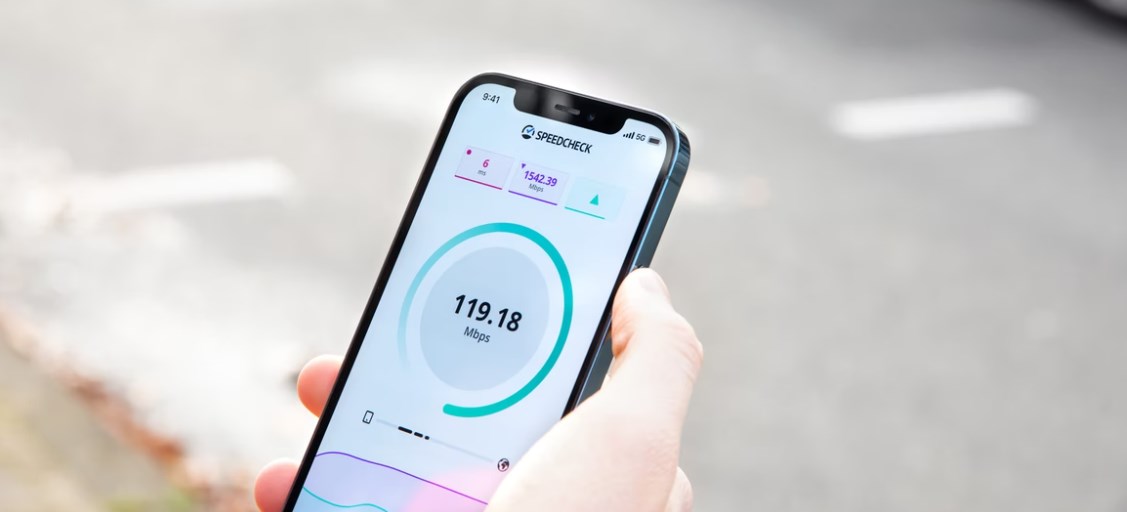
This is the question you ask yourself every time you pay for your pricey internet bill. Why am I being charged too much for an internet speed that I barely even use? Or if you have moved somewhere new and now you need an internet connection and are wondering, what kind of internet speed do I need? There are a couple of things you need to keep in mind before you proceed.
Choosing an internet service provider is no easy feat. What sets them apart from each other is how well they can fulfil your internet needs. You might be looking for Spectrum because it is available in your area. You were told that HughesNet has the best satellite internet connection because the internet speeds are consistent in all their plans. Or you might go for Xfinity services because a friend recommended the amazing discounts you could get with their Xfinity Double Play packages. Or just Xfinity internet because they have the fastest speeds.
When you look into all their features and compare them with online activities on the internet, that is how you narrow down to what you should go for.
Bandwidth
You must have heard this term being thrown around. It is often confused with and interchangeably used as internet speeds. Bandwidth is being able to take on the maximum rate to download data from the internet, whereas internet speed is how fast the data is downloaded from the internet.
Perhaps with the help of the following example, you will learn the difference. Think of the bandwidth as the garden hose. You need to find up a hundred-gallon tank. If your garden hose is only able to let through only five gallons of water per minute into the tank, it will take around twenty minutes for the tank to be filled up. But if you take a firehose, which is bigger and wider than a garden hose, your tank will be filled up in under two minutes.
That is how bandwidth works. It is like the size of two different hoses. The wider and bigger it is, the more data will be sent over the internet in a small amount of time. The smaller it is, the longer it will take for data to be transferred over the internet.
Bandwidth that you need
The bandwidth that you are signing up for will depend on the number of devices being used in your home. For instance, if one device is downloading heavy movies, and another one is being used to play video games, you will need enough bandwidth to meet the needs of both these devices. Otherwise, the game will lag, and download will keep getting disrupted.
Keep in mind the number of bandwidth being used by all your devices. Find below our recommendations on the required bandwidth for each of your online activities.
- Sending an email only takes up to 1 Mbps
- Scrolling through social media need around 5 Mbps, so go for 5-10 Mbps
- Video calls need only 3-5 Mbps, but 10-20 Mbps is recommended for smooth online meetings
- Online HD streaming of movies works with 5-10 Mbps, though it will be better with 10-20 Mbps
- For online gaming, you need 25-35 Mbps
Having the required bandwidth will ensure that one device is not hogging all the bandwidth and the other devices are not deprived of it. However, these recommended speeds only work if you’re the one performing all these activities. You’ll need to add in more Mbps if it is multiple devices.
Data Caps
While you are researching for a good internet connection, you might come across something called data caps. Data caps are data usage limits enforced by ISPs. Especially since you use your internet for heavy online activities like online gaming or streaming Netflix. If you reach your data allowance usage, you will need to pay extra for more internet data.
Internet Speeds
The Federal Communications Commission has declared the minimum download speeds of an internet connection to be at 25 Mbps and upload speed at 3 Mbps. Internet speeds are divided into two parts; download and uploads. Download speeds are when you use the internet to retrieve data, whereas upload speed is the time it takes for data to be sent from your devices to the internet. Download speeds being advertised are often higher than upload speeds.
In conclusion, the internet speed that you decide to go for will depend on your online activities. If you are a light internet user, meaning that your online activities mostly consist of streaming low-quality movies, scrolling social media platforms, then you can go for speeds up to 50 Mbps. Moderate internet activities include downloading movies or files, streaming high-quality movies, and more, and around 100 Mbps will work for it. Heavy online activities including downloading heavy files and online gaming need internet speeds above 100 Mbps. Again, the number of devices is also an important factor to consider.

Taylor is a freelance SEO copywriter and blogger. His areas of expertise include technology, pop culture, and marketing.
















